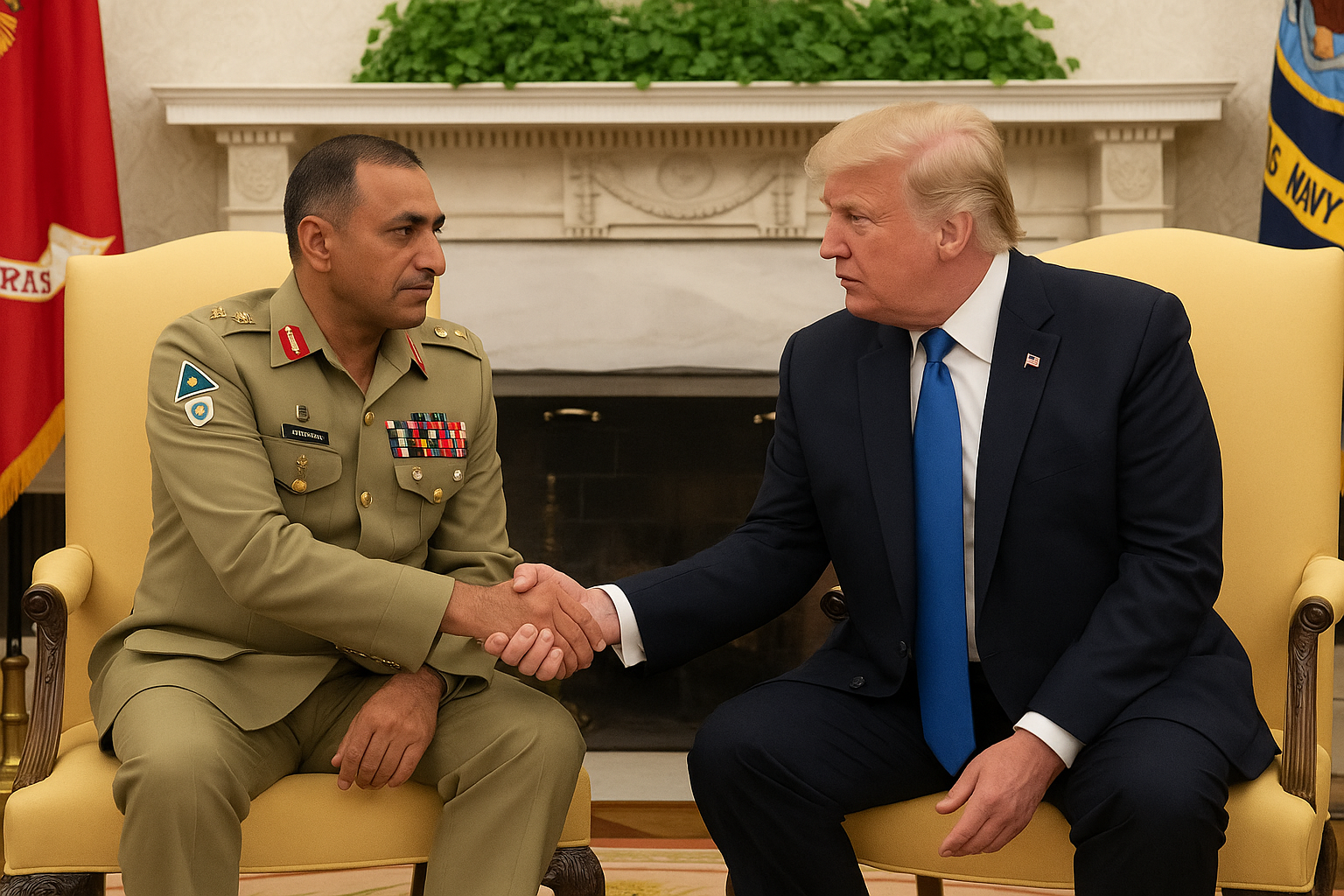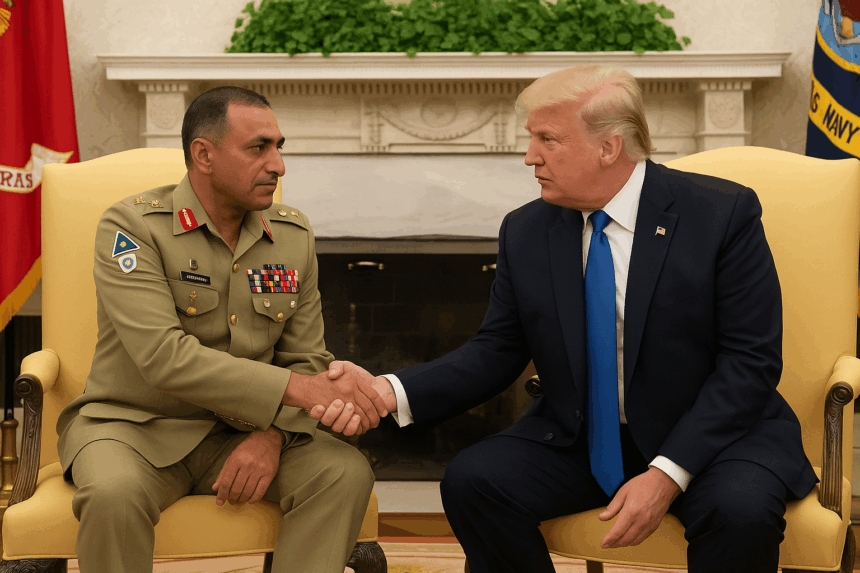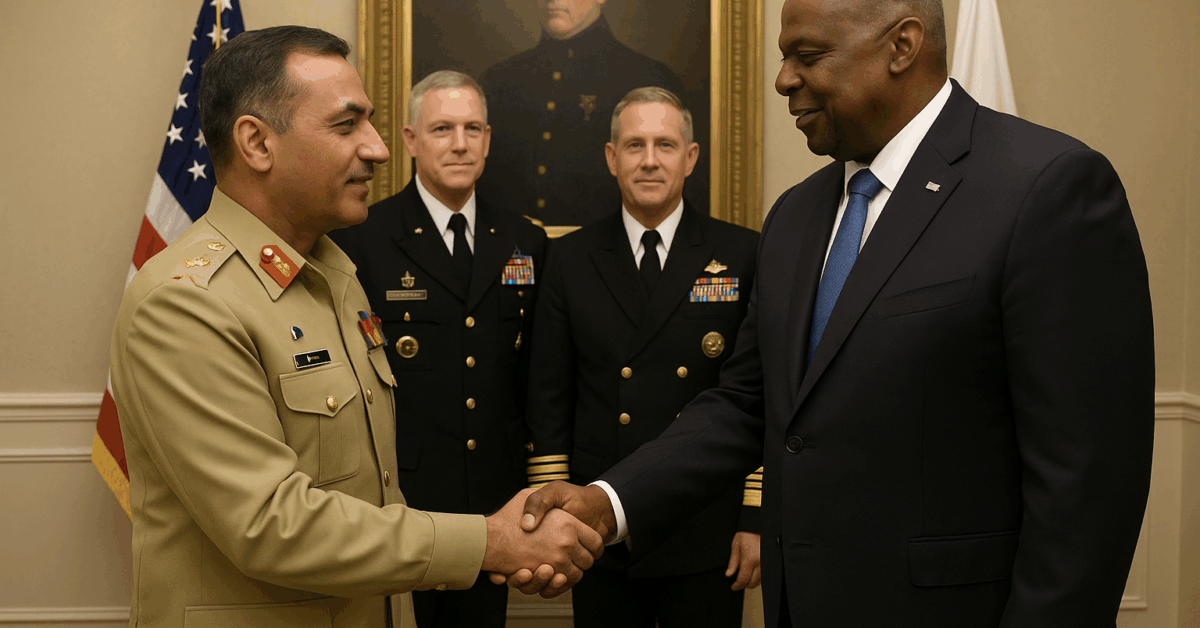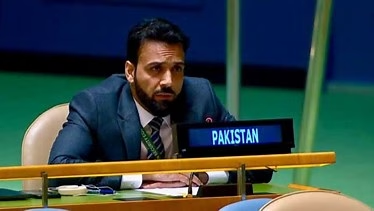Pakistan’s Chief of Army Staff, General Asim Munir, is set to visit the United States again this month. His trip includes attending the farewell ceremony for US Central Command (CENTCOM) chief General Michael Kurilla in Tampa, Florida. What has caught the most attention, however, is that this will be Munir’s second US visit in just two months — a rare occurrence that follows recent military tensions between India and Pakistan.
During his previous trip, observers witnessed an unusual diplomatic moment: former US President Donald Trump hosting General Munir in the Oval Office, extending him the kind of protocol usually reserved for heads of state. This meeting further fueled speculation about Munir’s rising stature on the global stage.

In just a few years, Munir has climbed Pakistan’s military ranks at a remarkable pace, drawing comparisons to powerful former military rulers such as General Zia-ul-Haq, Ayub Khan, and Pervez Musharraf — all of whom eventually seized control of the country’s political leadership.
Some political analysts suggest that Washington now views Munir as a “de facto leader” of Pakistan. Yet, despite his growing international recognition, the Army chief faces significant domestic challenges, including political unrest, public discontent, and internal power struggles that could shape his future role in the country.











